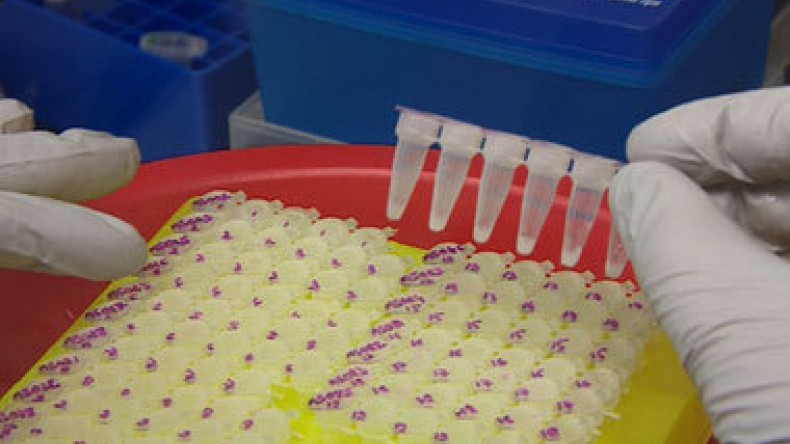
Ebola virus mutating, scientists say
Scientists tracking the Ebola outbreak in Guinea say the virus has mutated, the BBC reports.
Researchers at the Institut Pasteur in France, which first identified the outbreak last March, are investigating whether it could have become more contagious.
More than 22,000 people have been infected with Ebola and 8,795 have died in Guinea, Sierra Leone and Liberia.
Scientists are starting to analyse hundreds of blood samples from Ebola patients in Guinea.
They are tracking how the virus is changing and trying to establish whether it's able to jump more easily from person to person.
"We know the virus is changing quite a lot," said human geneticist Dr Anavaj Sakuntabhai.
"That's important for diagnosing (new cases) and for treatment. We need to know how the virus (is changing) to keep up with our enemy."
It's not unusual for viruses to change over a period time. Ebola is an RNA virus - like HIV and influenza - which have a high rate of mutation. That makes the virus more able to adapt and raises the potential for it to become more contagious.
"We've now seen several cases that don't have any symptoms at all, asymptomatic cases," said Anavaj Sakuntabhai.
"These people may be the people who can spread the virus better, but we still don't know that yet. A virus can change itself to less deadly, but more contagious and that's something we are afraid of."
But Professor Jonathan Ball, a virologist at the University of Nottingham, says it's still unclear whether more people are actually not showing symptoms in this outbreak compared with previous ones.
"We know asymptomatic infections occur… but whether we are seeing more of it in the current outbreak is difficult to ascertain," he said.
"It could simply be a numbers game, that the more infection there is out in the wider population, then obviously the more asymptomatic infections we are going to see."
Another common concern is that while the virus has more time and more "hosts" to develop in, Ebola could mutate and eventually become airborne.
There is no evidence to suggest that is happening, however. The virus is still only passed through direct contact with infected people's body fluids.
"At the moment, not enough has been done in terms of the evolution of the virus both geographically and in the human body, so we have to learn more. But something has shown that there are mutations," said Institut Pasteur virologist Noel Tordo.
"For the moment the way of transmission is still the same. You just have to avoid contact (with a sick person)"
"But as a scientist you can't predict it won't change. Maybe it will."
Newsfeed
Videos






























